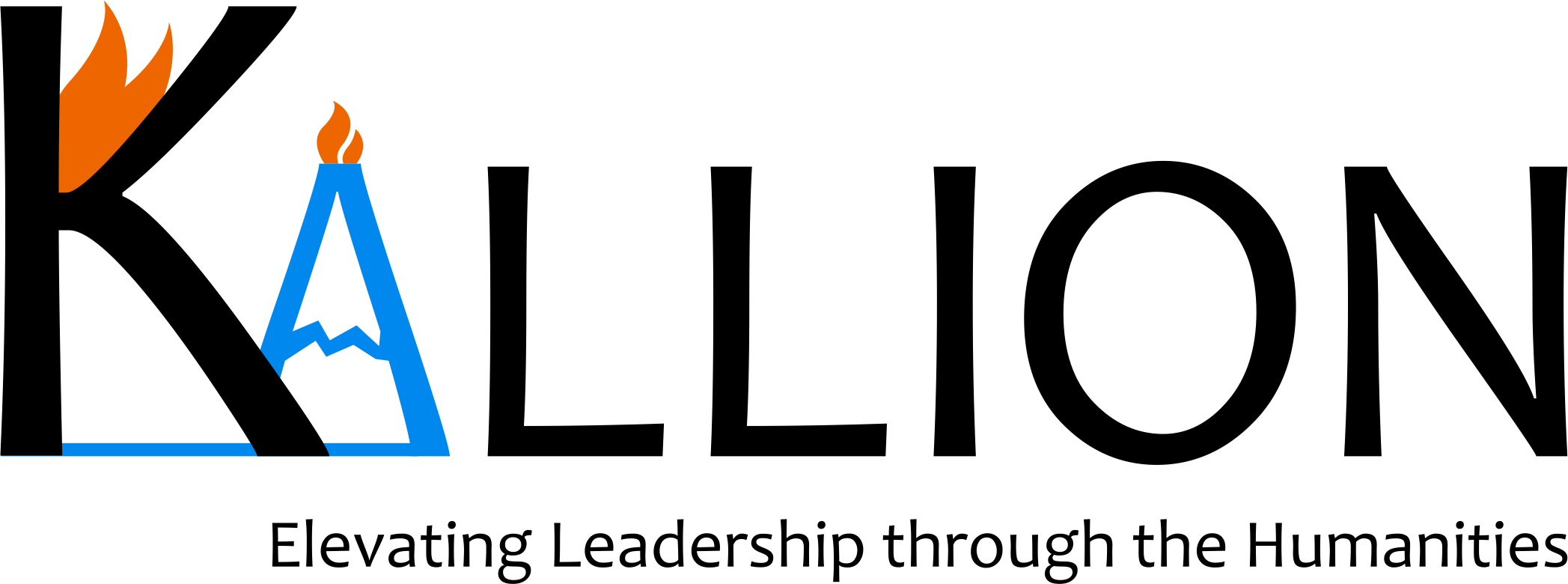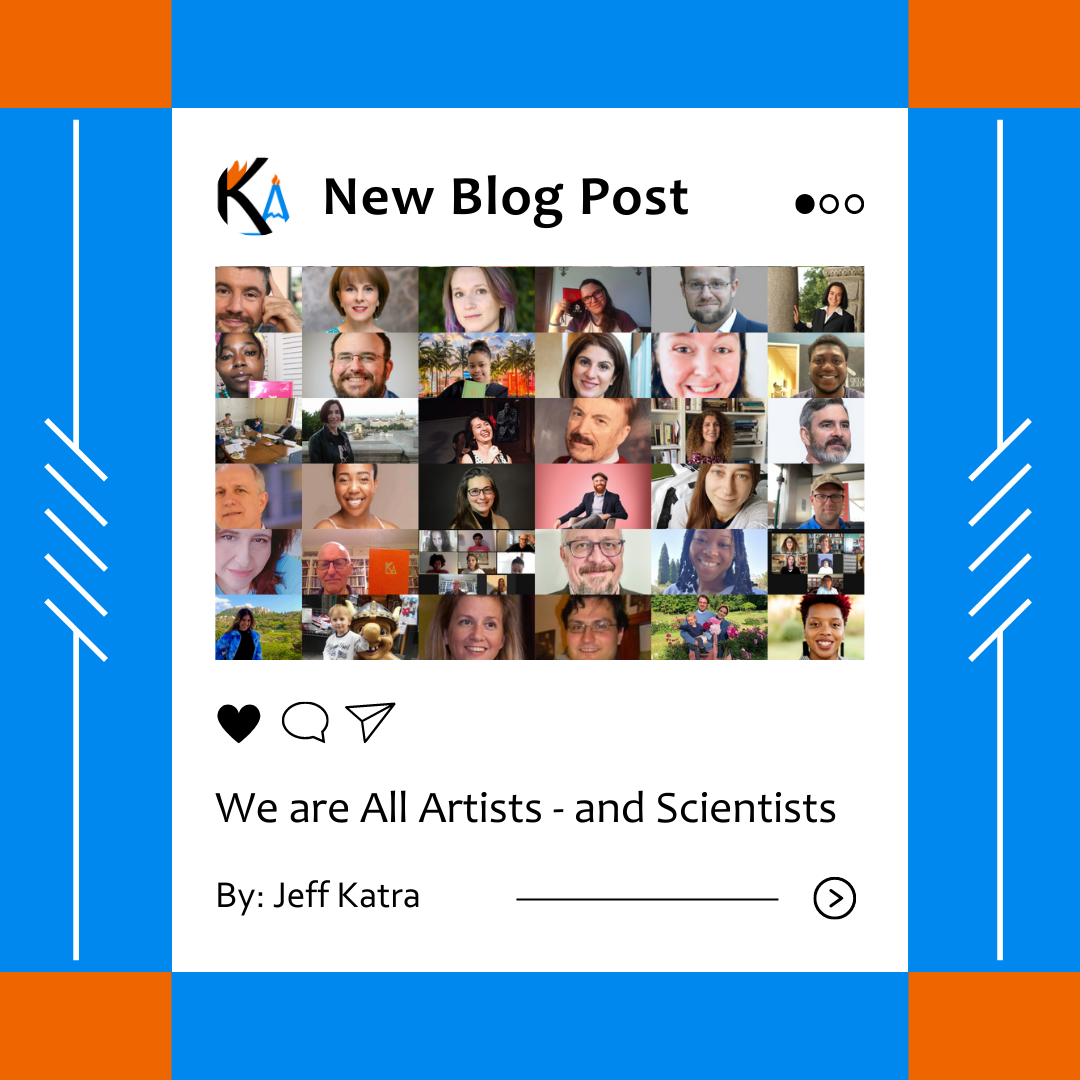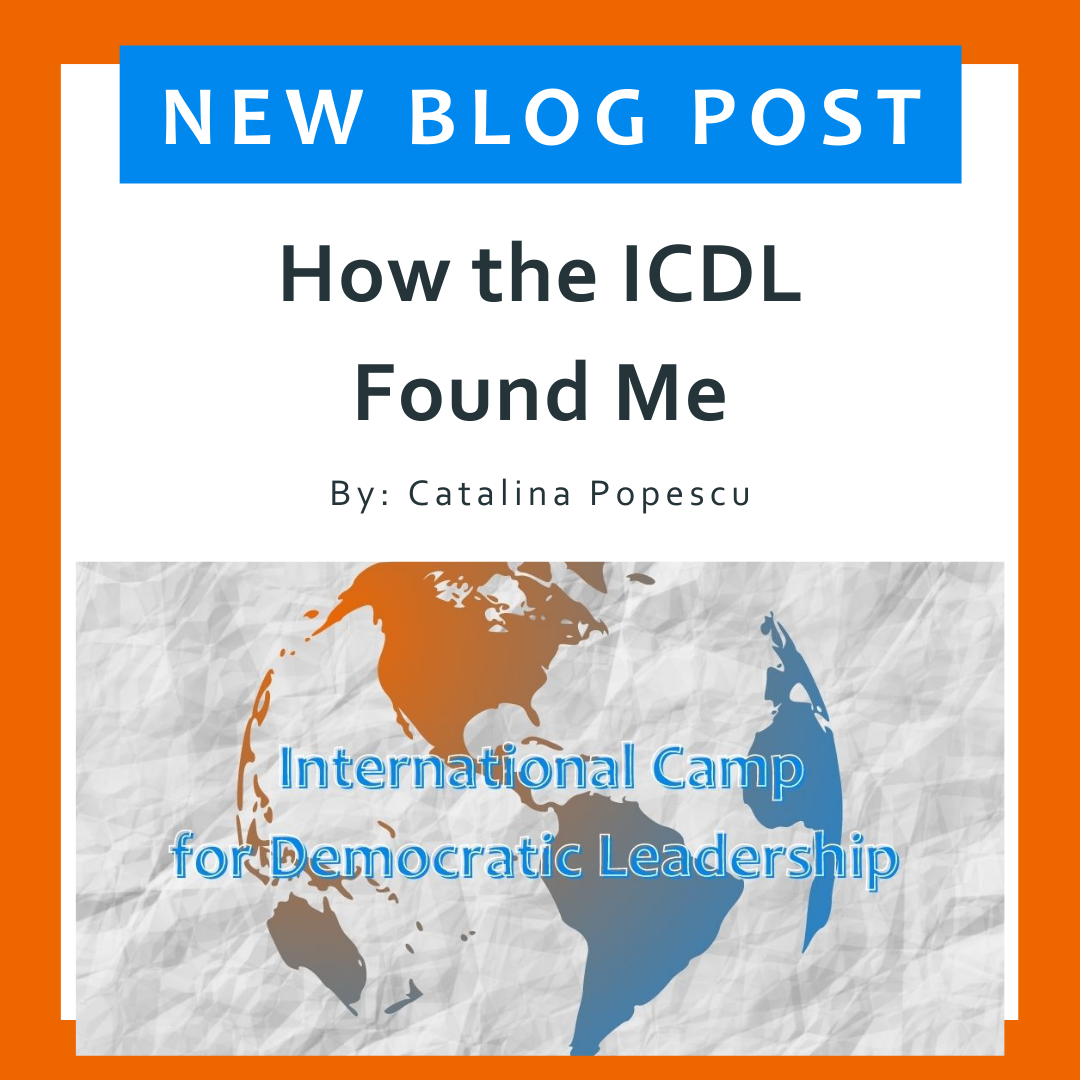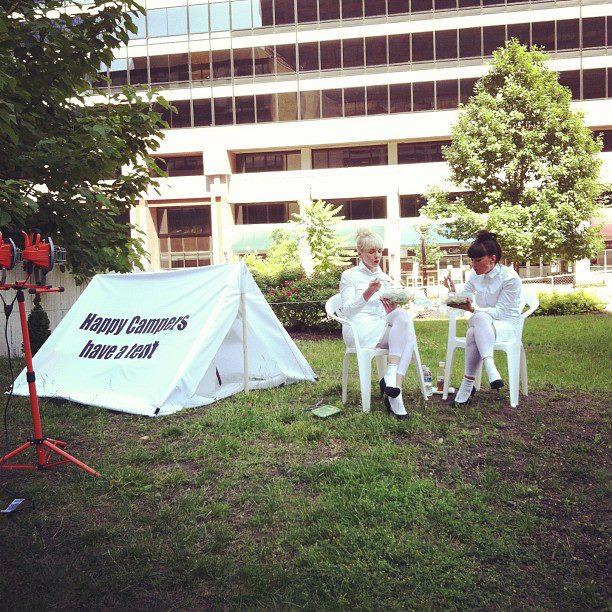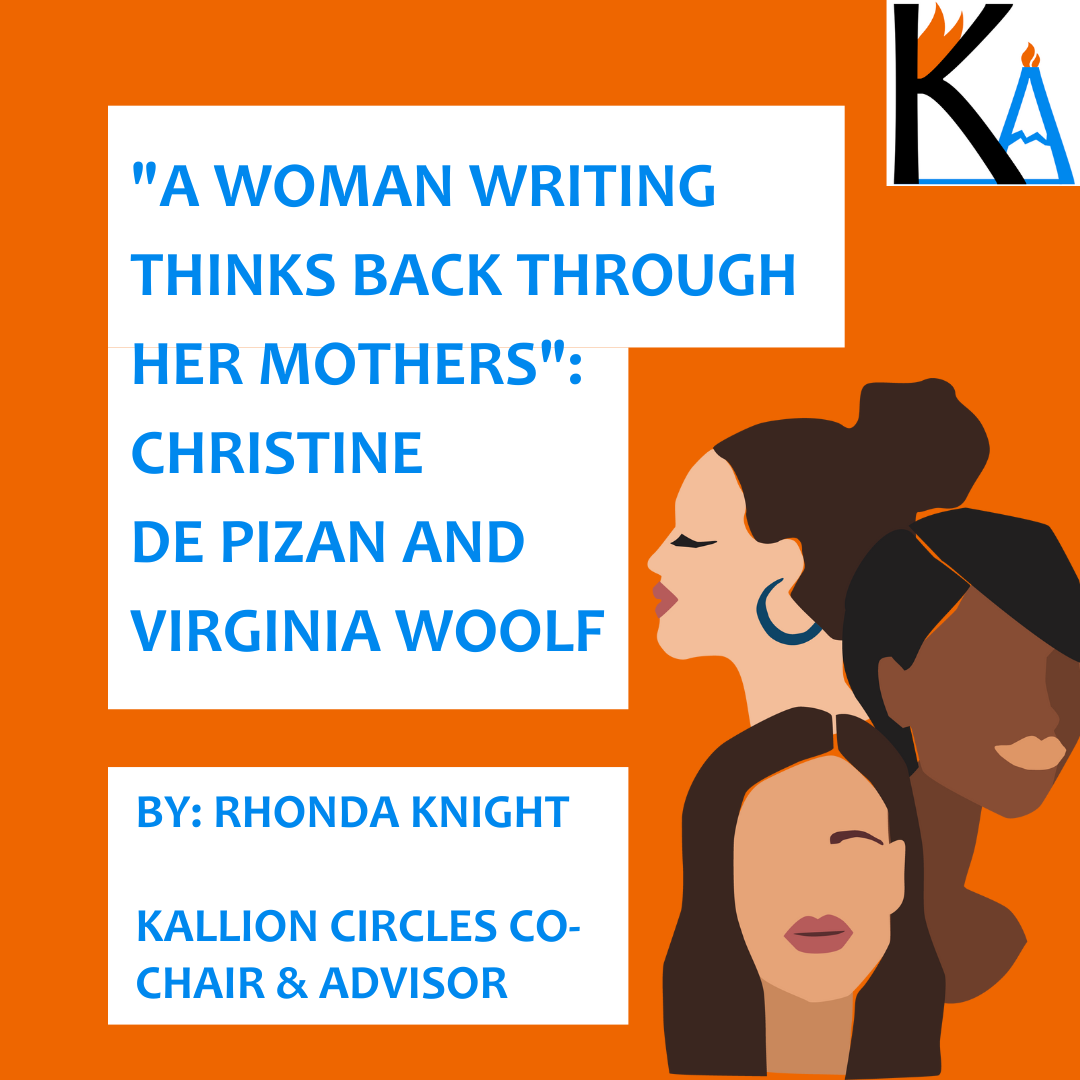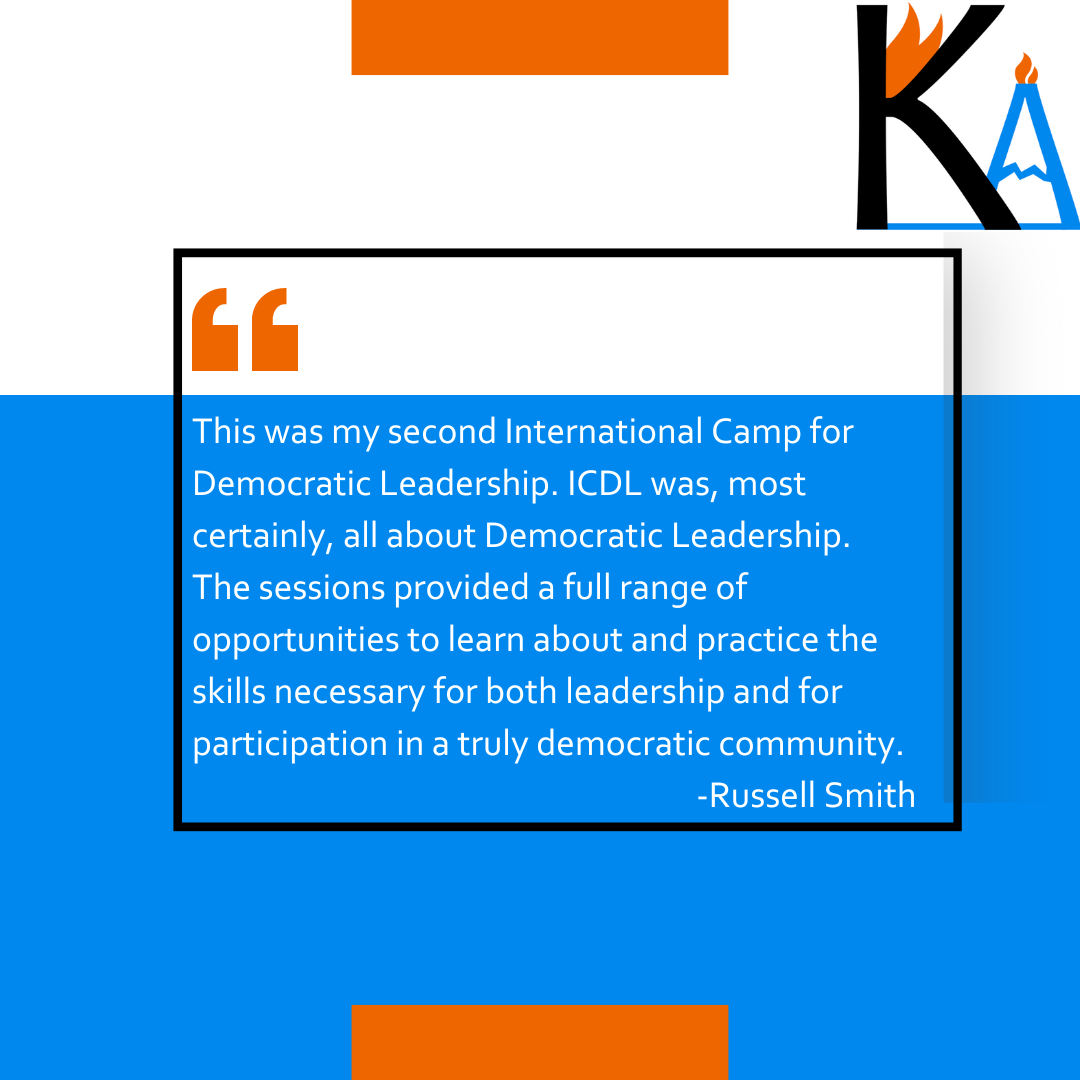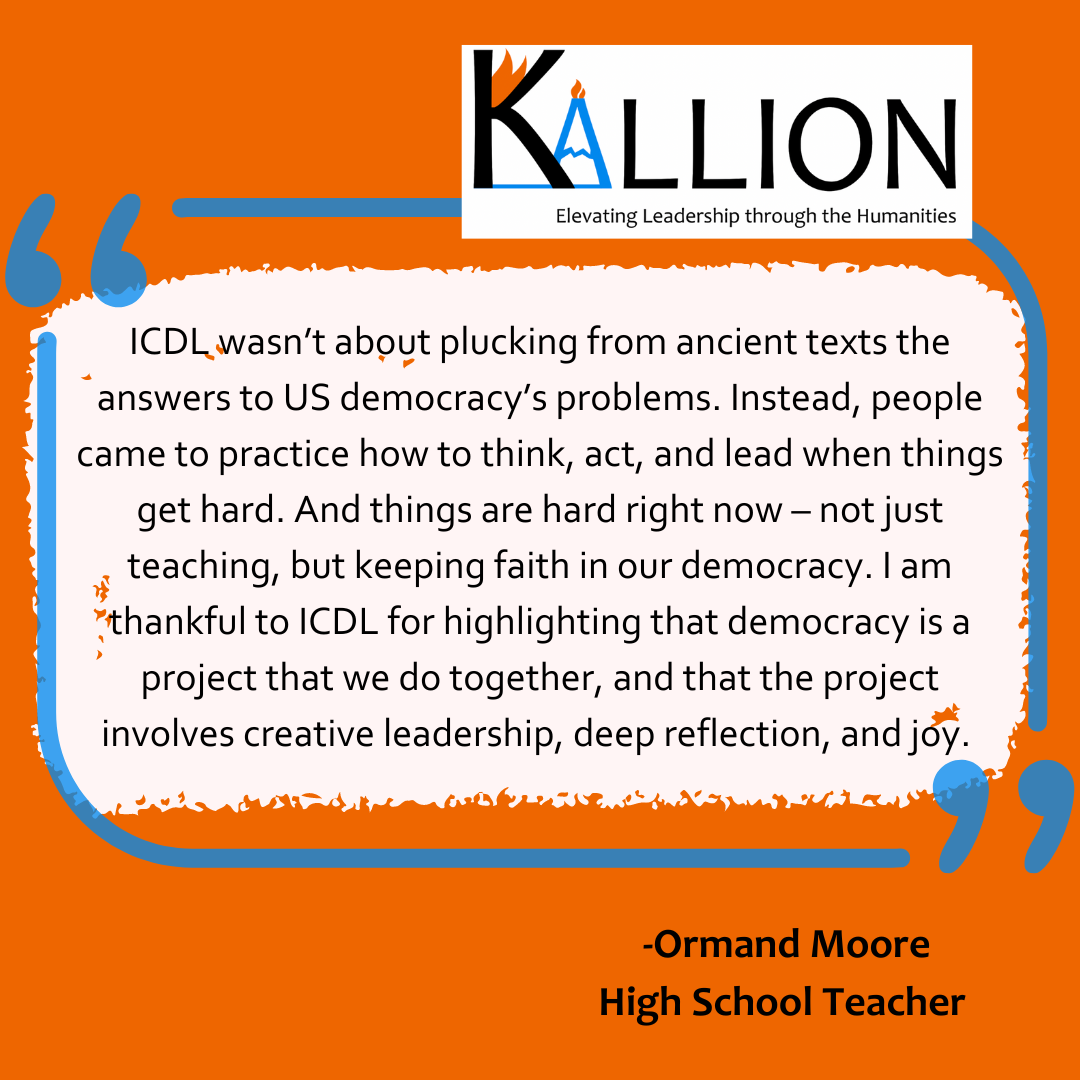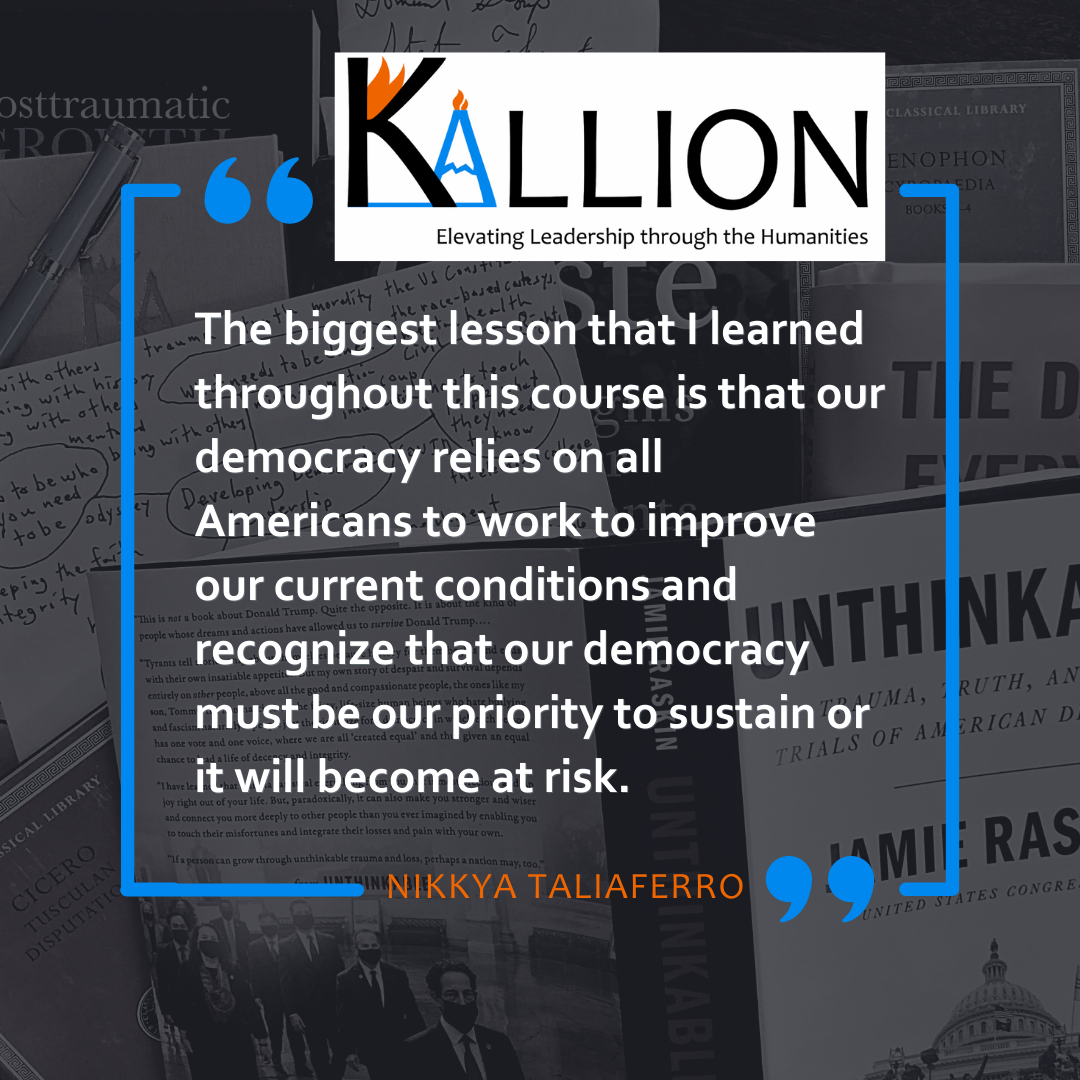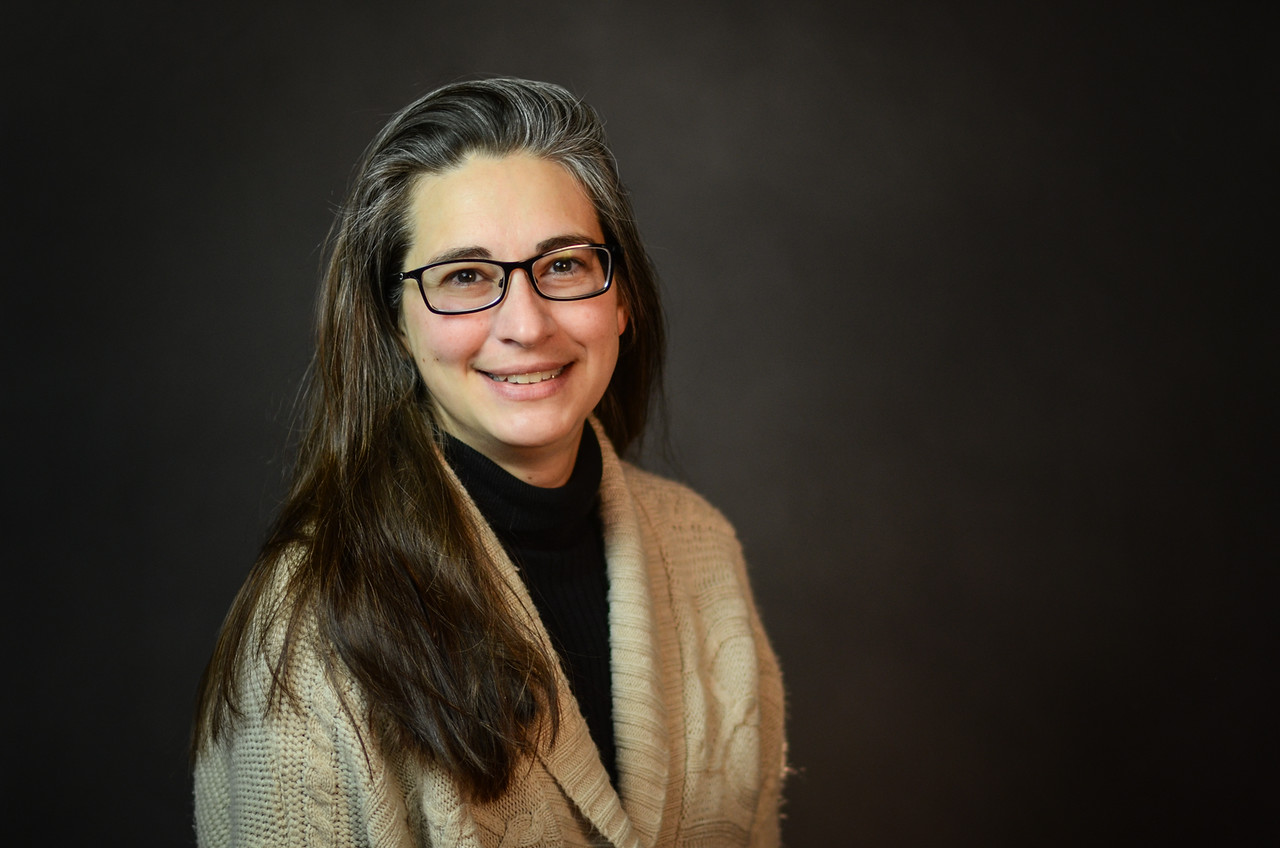Kallion Community Blog
But how do we apply empathy in the post-COVID workplace? Remote work has disrupted the personal dynamics we once relied on, making it more challenging to understand the individual needs of employees. As empathetic leaders, it is essential to actively seek connections, master communication tools, and organize engaging virtual gatherings to support flexibility and recognize the added responsibilities and pressures experienced by team members.
When I think about my career journey thus far, I often find myself reflecting on the humanities and the important role this field of study has played within it – because the two are so closely interwoven.
Today, we segregate ourselves and our work force into “science people” and “artsy people,” as if there cannot be any useful overlap. In a world of increasing political and social polarization, we need overlap. Our medical system is in desperate need of ethics and humanist values. Our political system needs more objectivity and less emotional echo chambers. Science and the liberal arts are not opposing forces, but necessary complements to each other.
Addressing mental health in my classroom sets the foundation for a safe and inclusive learning environment where they can grow, empathize, and practice leadership.
Here is the real treat: enjoying the endless forms in which democracy and leadership relate to our everyday life, our passions, fears, revolutions, and routines. Leadership is performative art, entropy and order, jazz, dance, tragedy, laughter, trial, conflict, consensus, death, and rebirth. It is learning from the global assemblies or from your grandparents’ cozy tea parties, from children, from horses, from ants and cells on a Petrie dish, from tree-branch geometries, atoms, and stars… I hope I will never stop learning.
From work study positions in college (where I developed my love of learning and writing centers) to classrooms, and fabrication floors, my postsecondary learners will understand the importance of how their work and training makes the community better and our democracy stronger. This is my pledge to each of you.
I swooned over the election of Prime Minister Sanna Marin the same year the library opened. She is an avowed feminist and environmentalist. At 34-years-old, she was among the youngest world leaders ever elected. She is composed and always well-prepared.
Communal qualities of leadership that are often gendered female can lead to innovative acts--powered by planning, goal-setting and forward thinking--and the empowerment of others--created through relationship building and providing opportunities and support.
As a model of democratic leadership, Rev. King shows us how to practice agape even in the face of disappointment.
"As a native Bostonian, Martin Luther King, Jr. Day is not just about the legacy of a complex and brilliant person; it is also about connections he made in my city, the power of mentorship, and the unsung contributions of women whose hopes and dreams have always played a role in public leadership."
I hoped the smell of my coffee would waft through those long halls and bring scientists to my room. To keep them there for more than the time it takes to pour a cup of coffee, I baked cookies. It worked beyond my wildest dreams.
This was my second International Camp for Democratic Leadership. ICDL was, most certainly, all about Democratic Leadership. The sessions provided a full range of opportunities to learn about and practice the skills necessary for both leadership and for participation in a truly democratic community.
ICDL wasn’t about plucking from ancient texts the answers to US democracy’s problems. Instead, people came to practice how to think, act, and lead when things get hard.
I have seen enough great spirits over the past three years to give me the confidence that humanity does have the capacity for a moral arc, and I am hopeful that it will continue to bend toward “creative, benevolent, and lasting improvements to our common condition.”
The biggest lesson that I learned throughout this course is that our democracy relies on all Americans to work to improve our current conditions and recognize that our democracy must be our priority to sustain or it will become at risk.
"I associated democratic leadership with only two things: antiquity and politics. This all changed, however, following my participation in the 2021 ICDL. Thanks to Kallion, the ICDL, and everyone I met and collaborated with last summer, I was able to see my world and my surroundings in eye-opening and previously unthought of ways."
By: Julia Hark *Content Warning: This post includes general discussion of eating disorders, trauma, and suicide. Please prioritize your own wellbeing first. When I talk about my trauma, I am not undoing. I am not begging for pity. I am not shredding scrapbooks of sins or […]
If the common thread across the generations is that everyone can localize the cause to their own life, geography, or preferred media, then we are lucky to be alive with the most creative tools to localize climate change in writing, audio, print, photo, and video of anyone ever.
To be an advocate isn’t just to be outspoken. It is to step back and reflect within yourself, to find ways that you can personally offer assistance to a cause.
A digital metamorphosis spread throughout the art world. Virtual gallery tours, art lectures, courses, and activities were designed to make us feel as (or more) connected than ever.
At times, the language of my discipline doesn’t connect with the lived experiences of students, and their professional goals. I KNOW how the content relates, but translating “how” has been a pedagogical struggle. An answer could be found in the skills and behaviors cultivated from participating in peer feedback.
By: John Esposito In part 1 I tried to link the Greek mythic trope of the not-so-noble gods with the effective impossibility of middle management. That post turned out rather sympathetic to the middle manager, and by extension to the gods. I even said that mortal […]
Hosted by Kallion Leadership and Coker University (Hartsville, SC) Dates: January 4-15, 2021 Registration: $50, sign up here! What is the Study-to-Practice Faculty Development Workshop? The S2P Workshop helps college-level educators in the humanities reimagine themselves as leadership trainers. We seek to move beyond studying what […]
By: Norman Sandridge Introduction In a previous post I explained how I spent the past semester (Fall 2020) treating the humanities educator (namely, me) as a leadership trainer. I was the protagonist of the story, doing whatever I could to inspire a new generation of talented […]
By: Norman Sandridge Introduction Halleluyah! It’s the beginning of December and classes are over. It’s been an exhausting, confusing, and prison-like experience teaching completely online for the first time in my career. Despite these frustrations, I would say that it has also been one of the […]
Ancient Leadership Series for SAGE Business Cases Since 2018, SAGE Business Cases (SBC) has been inviting authors to contribute to its Ancient Leadership series. This year’s series will explore “The Stakes and Sacrifices of Leadership” through history, mythology, philosophy, and material culture. Case proposals are due […]
By: John Esposito This is a post about in-betweens: leadership ‘upwards’ and ‘downwards’; the middle-management rung of the organizational hierarchy; being intelligent and mortal at the same time. The ‘eureka’ described in this post concerns ancient gods, but it derives from my non-academic work experience. So […]
By: Paul B. Ellis There are not enough words to convey all that John Lewis meant to this country and the world. If you have not read his three graphic novels, March (Parts 1-3) and see the recent documentary John Lewis: Good Trouble, they are essential […]
By: James Austin Allen I have been thinking about my Leadership in the Ancient World class a lot lately. I came to the class—or, rather, the class came to me—in the fall semester of 2009. I had just transferred to Howard after spending a year attending […]
By: Richard Giarusso On more occasions than I care to admit, I’ve wandered down the YouTube “rabbit hole” watching archival footage of great conductors of the past century. Years ago, I came across some rehearsal footage of the Austrian conductor, Carlos Kleiber (1930-2004), leading the Stuttgart […]
By: Norman Sandridge “Kallion believes those who teach the Humanities should be recognized as leadership trainers and those who perform leadership roles should harness the power of continual reflection within a life of action.”–from the Kallion Vision Statement Abstract In this short essay I’m going to […]
The moment when an individual or group hands power over to another is perhaps the most fraught and vulnerable event in an organization’s life, but also one that is full of potential and opportunity.
By: Mallory Monaco Caterine A panel at the 2021 Society for Classical Studies annual meeting, Chicago, IL Sponsored by the International Plutarch Society. Organized by Mallory Monaco Caterine, Tulane University, and Jeffrey Beneker, University of Wisconsin, Madison For better or worse, the vast majority of extant […]
By: Mallory Monaco Caterine Kallion’s mission is “to develop better leadership across all sectors and communities through the humanities.” As the Director of Pedagogy, it’s my job to help instructors develop course materials and teaching methods that transform learners into leaders. But I have to admit, […]
By: Rhonda Knight Part 1: Background Today when students think about a Shakespeare play, they might conjure up the movie they watched instead of reading the play or an actor in a ruff (probably holding a skull) on a proscenium arch stage. If they do think […]
by Mac Williams (Coker College) and Norman Sandridge (Howard University). Part One: Summary In this piece we introduce a short story, “El Muerto” (1946), by Jorge Luis Borges and invite you to develop an understanding of the main character, Benjamin Otálara, in order to help you […]
By: Norman Sandridge I imagine most–if not all–humanities professors would like to educate a person to become someone like this. Many of us probably imagine that this is exactly the kind of person we do help create: She (or he) is high in emotional intelligence: she […]
By: Norman Sandridge Education seems to pay. Human capital purism advances a single explanation: education pays because education teaches lots of useful job skills. A tempting story…until you stare at what schools teach, what students learn, and what adults know. Then human capital purism looks not […]
By: Norman Sandridge I never imagined that this would be as interesting and informative and affecting as it is–Jaedene Levy, clinical social worker and psychotherapist For the past two years, beginning in January of 2016, I have helped organize a conversation table on ancient leadership in […]
By: Mallory Monaco Caterine In 2018, thirteen intrepid classicists ventured into uncharted territory: they wrote business cases for the “Becoming a Leader” series of Ancient Leadership case studies for the online SAGE Business Cases (SBC). Following on their successful experiment, I would like to invite any […]
By: Norman Sandridge A colloquium on aspects of leadership in the ancient world was organized by Melina Tamiolaki (Associate Prof, University of Crete) at the Institute of Mediterranean Studies in Rethymnon, Crete (Greece), on June 7 and 8, 2018. The aim of this colloquium was to examine ancient […]
By: Norman Sandridge ἐκαλινδεῖτο ἐν τῷ πειρᾶσθαι αὖθις βέλτιον ποιεῖν (ekalindeito en tōi peirasthai authis beltion poiein) He was consumed with trying to do better the next time. Xenophon the Athenian on the young king Cyrus II (c. 365 BCE) In this week’s Art of Leadership […]

